Get the latest financial news, insights and expert analysis from our award-winning MoneyWeek team, to help you understand what really matters when it comes to your finances.
You are now subscribed
Your newsletter sign-up was successful
Want to add more newsletters?

Twice daily
MoneyWeek
Get the latest financial news, insights and expert analysis from our award-winning MoneyWeek team, to help you understand what really matters when it comes to your finances.

Four times a week
Look After My Bills
Sign up to our free money-saving newsletter, filled with the latest news and expert advice to help you find the best tips and deals for managing your bills. Start saving today!
Investors in the BlackRock World Mining investment trust (LSE: BRWM) can't have much positive to say about it after a terrible performance last year. The trust's net asset value (NAV) slumped by 26.4% and its share price by 30.4%, compared to a 13% fall in the benchmark Euromoney Global Mining index over the same period.
A large part of the underperformance was due to the collapse in October of London Mining, a Sierra Leone iron-ore miner, which led to a loss equal to 6.5% of NAV.
So at least the trust's annual report didn't try to sugarcoat things too much. "On behalf of my fellow directors, I should like to offer our most sincere regret," wrote chairman Anthony Lea. The board is "working closely with BlackRock" on "robust diligence and supervisory processes designed to minimise the risk of such issues arising in future".
MoneyWeek
Subscribe to MoneyWeek today and get your first six magazine issues absolutely FREE

Sign up to Money Morning
Don't miss the latest investment and personal finances news, market analysis, plus money-saving tips with our free twice-daily newsletter
Don't miss the latest investment and personal finances news, market analysis, plus money-saving tips with our free twice-daily newsletter
These include tighter limits on royalty contracts, the type of investment responsible for the London Mining loss. Under a royalty contract, the fund provides a mining company with financing to develop a project, in return for a share of the income from the mine.
The trust's managers viewed these as an attractive way to earn steady cash flows and fund a solid dividend, but the demise of London Mining clearly showed the risks of such deals. From now on, royalty contracts with any individual firm will be limited to 3% of assets.
Total exposure to any firm including listed shares, unlisted securities and royalty contracts will also be capped at 3% (the trust had also held a convertible bond issued by London Mining, equal to another 1.3% of NAV).
Still, many investors are likely to feel these changes are much too little, much too late especially as an attempt to mollify them by cutting BlackRock's management fees hasn't gone as far as many would like.
Previously, BlackRock took a management fee of 1.3% of gross assets per year. But with effect from 1 July 2015, this will fall to 1.2% on the first £500m of assets, 1% on the next £500m and 0.85% on assets above £1bn. Based on the trust's gross assets of £734m as of end December 2014, that would amount to 1.1% per year a total drop of just 0.16%.
What's more, using gross assets instead of net assets as the basis for calculating the fee is relatively unusual only around 15% of investment trusts do this, according to Alan Brierley of brokers Canaccord Genuity, quoted on ftadviser.com.
Using gross assets works in the manager's favour where the trust borrows money to invest; in this case, the trust's borrowings amount to around 15% of gross assets. "To be candid, we don't think the performance record justifies such fees," says Brierley.
Get the latest financial news, insights and expert analysis from our award-winning MoneyWeek team, to help you understand what really matters when it comes to your finances.
MoneyWeek is written by a team of experienced and award-winning journalists, plus expert columnists. As well as daily digital news and features, MoneyWeek also publishes a weekly magazine, covering investing and personal finance. From share tips, pensions, gold to practical investment tips - we provide a round-up to help you make money and keep it.
-
 How should a good Catholic invest? Like the Vatican’s new stock index, it seems
How should a good Catholic invest? Like the Vatican’s new stock index, it seemsThe Vatican Bank has launched its first-ever stock index, championing companies that align with “Catholic principles”. But how well would it perform?
-
 The most single-friendly areas to buy a property
The most single-friendly areas to buy a propertyThere can be a single premium when it comes to getting on the property ladder but Zoopla has identified parts of the UK that remain affordable if you aren’t coupled-up
-
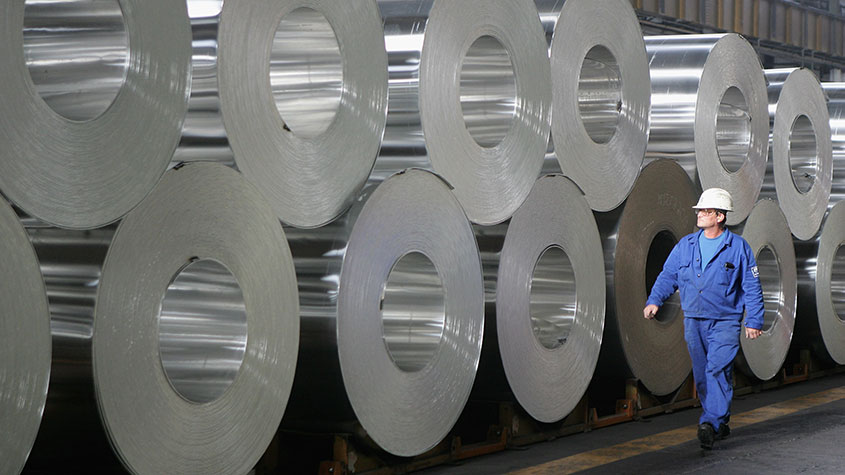 These 2 stocks are set to soar
These 2 stocks are set to soarTips The returns from these two aluminium and tin stocks could be spectacular when the commodity cycle turns says David J Stevenson.
-
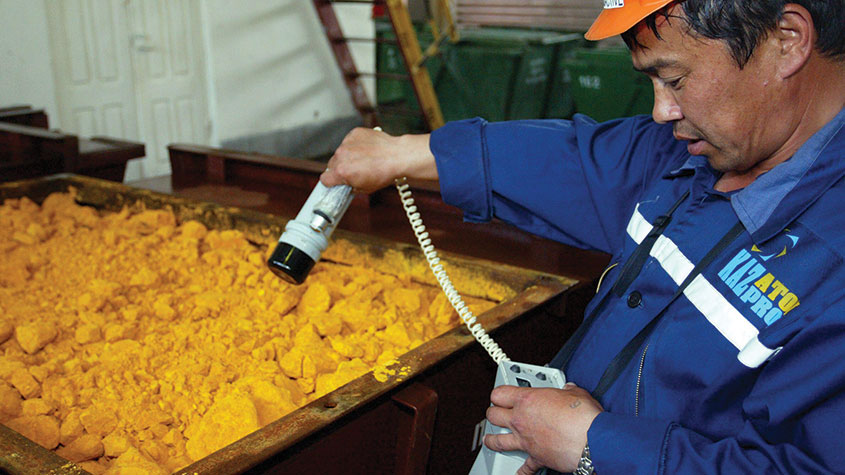 The best ways to buy strategic metals
The best ways to buy strategic metalsTips Weaker prices for strategic metals in the alternative-energy sector are an investment opportunity, says David Stevenson. Here, he picks some of the best ways to buy in.
-
 A lesson for investors from a ill-fated silver mine
A lesson for investors from a ill-fated silver mineAnalysis Mining methods may have changed since the industry’s early days, but the business hasn’t – digging ore from the ground and selling it at a profit. The trouble is, says Dominic Frisby, the scams haven't changed either.
-
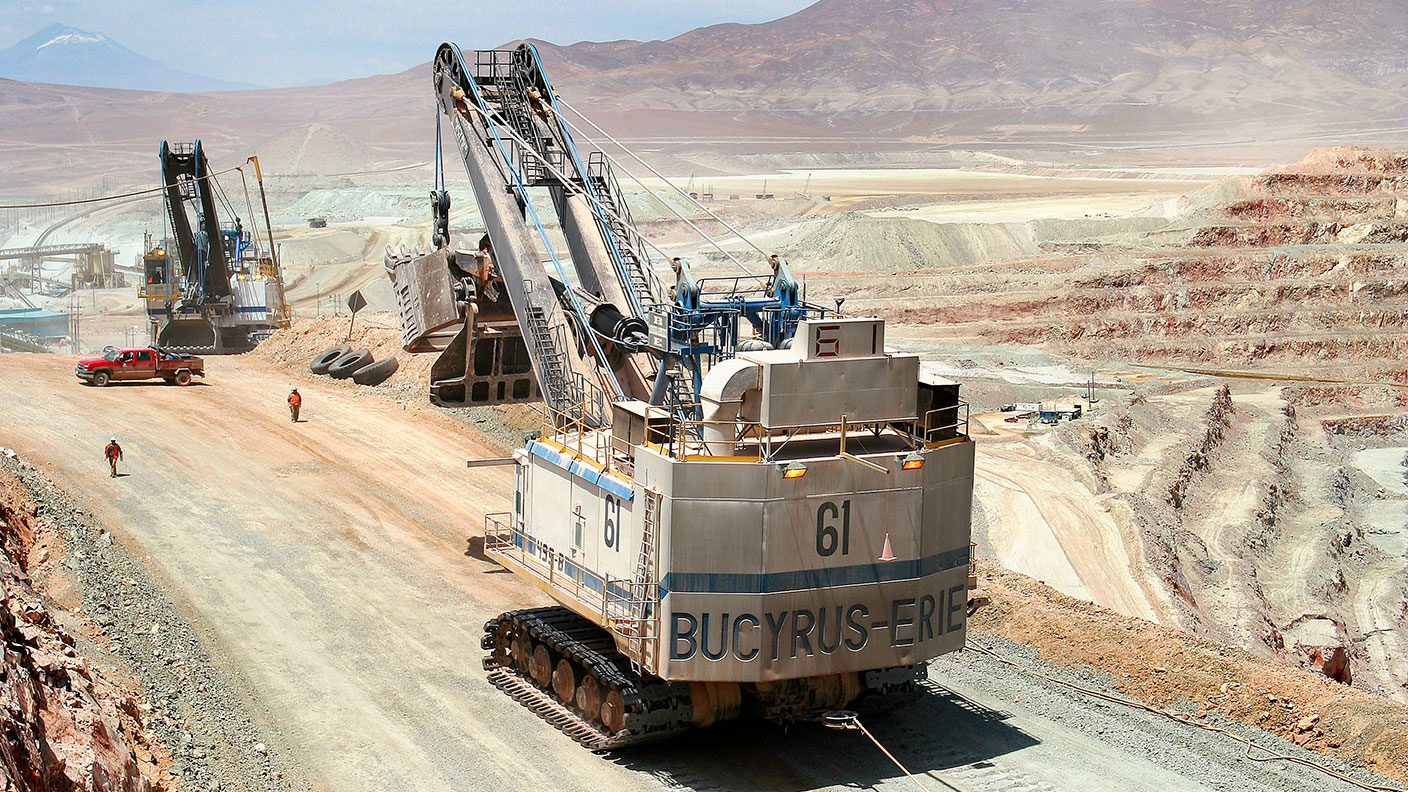 The natural resources industry is in a tight spot – which is bad news for the rest of us
The natural resources industry is in a tight spot – which is bad news for the rest of usOpinion The natural resources industry is in a bind. We need it to produce more energy and metals, but it has been starved of investment, plagued by supply chain issues, and hobbled by red tape. That’s bad news for everyone, says Dominic Frisby.
-
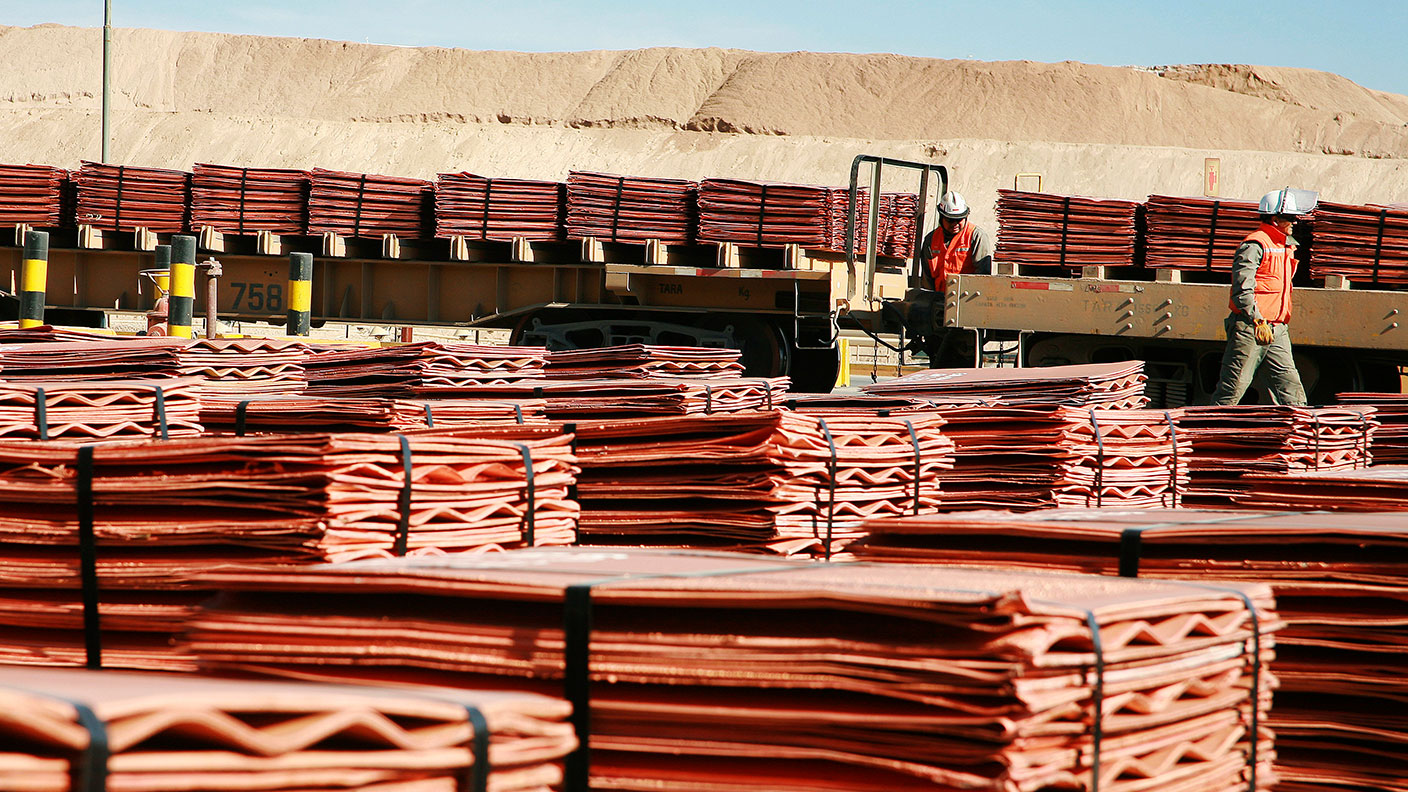 How to invest in the copper boom
How to invest in the copper boomTips The price of copper has slipped recently. But that’s temporary – the long-term outlook is very bullish, says Dominic Frisby. Here, he explains the best ways to invest in copper.
-
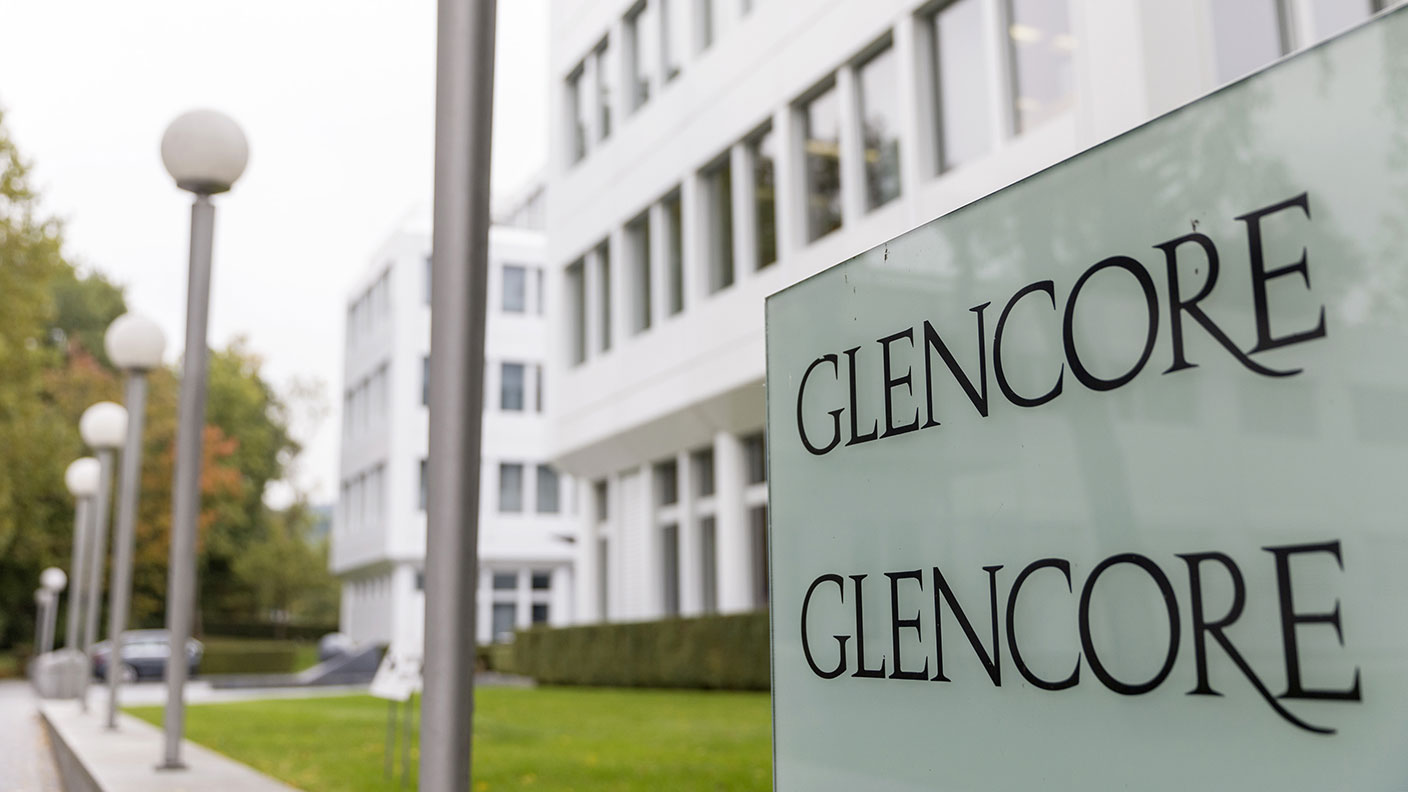 Why investors should consider adding Glencore to their portfolios
Why investors should consider adding Glencore to their portfoliosTips Commodities giant Glencore is well placed to capitalise on rising commodity prices and supply chain disruption, says Rupert Hargreaves. Here’s why you should consider buying Glencore shares.
-
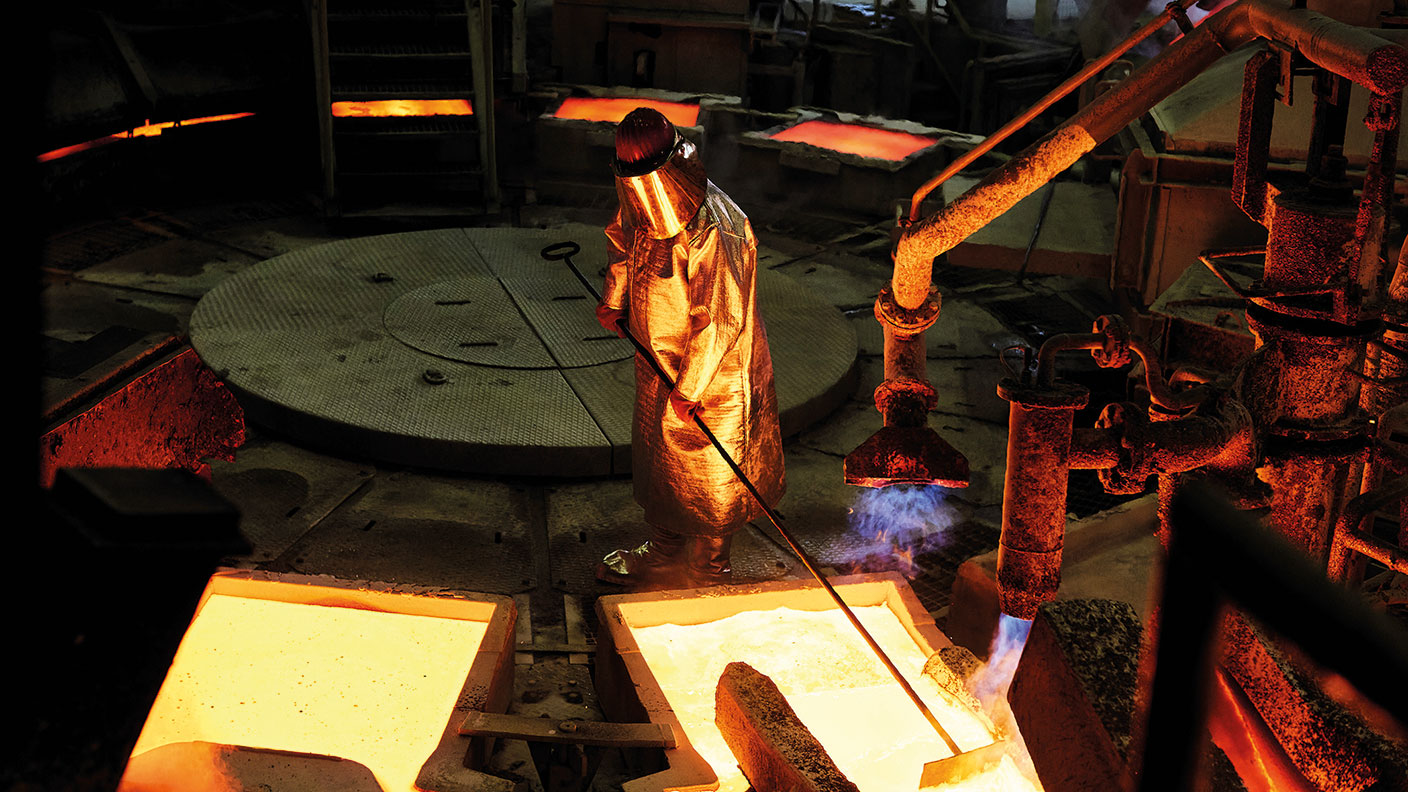 How to invest in the multi-decade boom in industrial metals
How to invest in the multi-decade boom in industrial metalsTips The price of key industrial metals has already begun to rise. The renewable energy transition will take them higher, says David Stevenson. Here's how to profit.
-
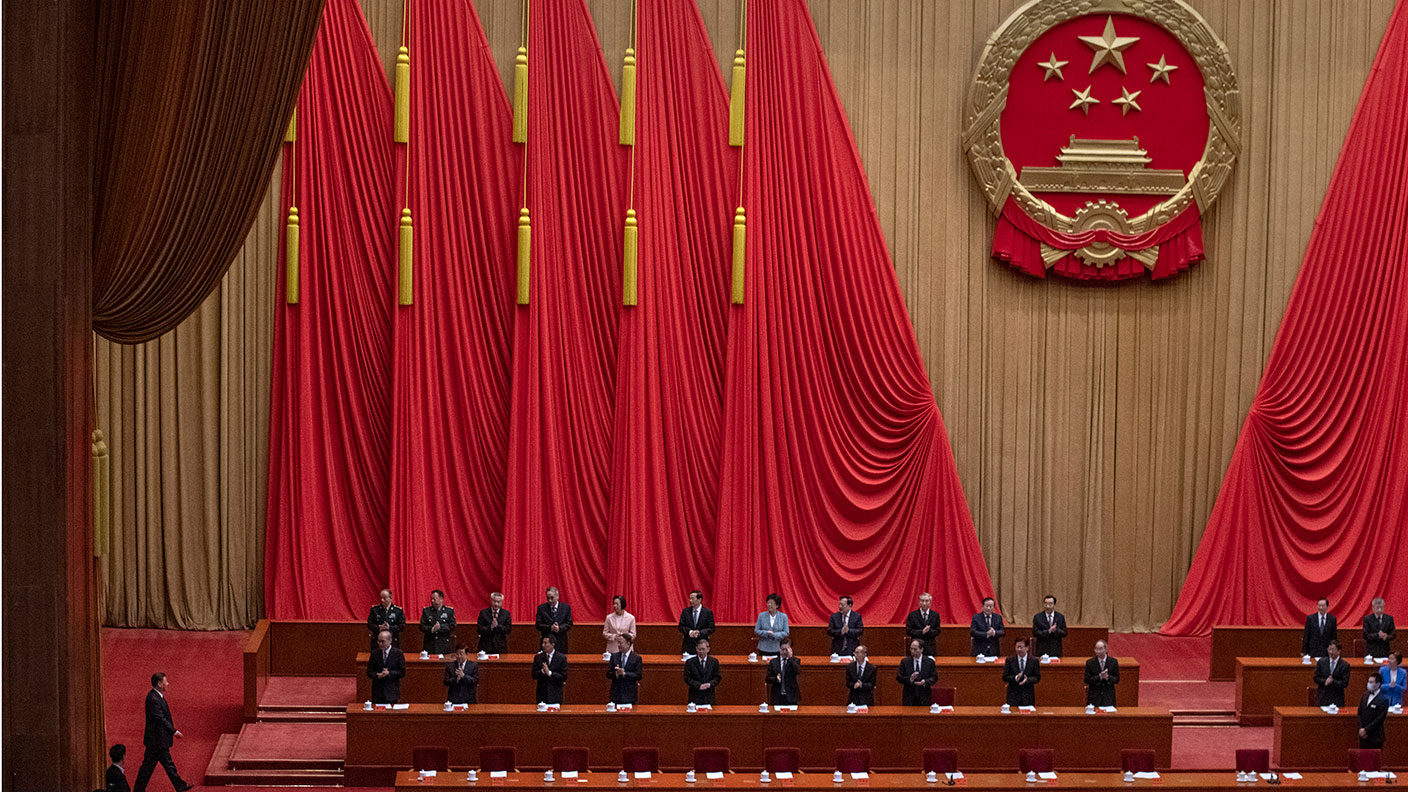 Avoid China’s stockmarket – here’s what to invest in instead
Avoid China’s stockmarket – here’s what to invest in insteadOpinion China’s stockmarket is not a good place for investors to be. But you can't just ignore the world's second-largest economy, says Dominic Frisby. Here, he picks an alternative China play.

